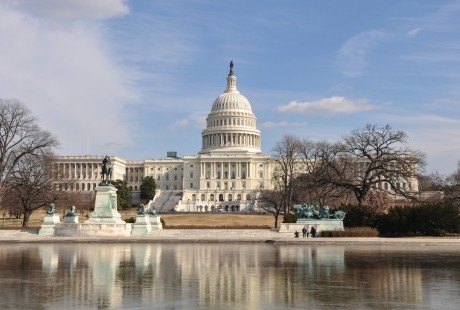Federal government prepares new rules for airlines
Transportation officials have released new laws for the nation's airlines in an effort to improve passenger's rights.
"Airline passengers have a right to be treated fairly," said Secretary Ray LaHood of the Department of Transportation in a press release on Wednesday.
In an effort to improve the nation's air carriers, airlines will now be required to reimburse passengers for luggage fees when bags are lost by the air carrier. Later this Fall, airlines will also be required to let customers know up front of any fees that may be associated with their trip.
"It'll definitely benefit the customer; it will be appreciated by people," said Thomas Beinkampen of Baltimore, Maryland who was traveling out of Myrtle Beach International on Wednesday.
Below is a list of new regulations from Department of Transportation's website that will be laid out as part of the new air travel measures:
Lost Bags and Bag Fees. Airlines will now be required to refund any fee for carrying a bag if the bag is lost. Airlines will also be required to apply the same baggage allowances and fees for all segments of a trip, including segments with interline and code share partners. Airlines are already required to compensate passengers for reasonable expenses for loss, damage or delay in the carriage of passenger baggage.
Full Disclosure of Additional Fees. Airlines will also have to prominently disclose all potential fees on their websites, including but not limited to fees for baggage, meals, canceling or changing reservations, or advanced or upgraded seating. In addition, airlines and ticket agents will be required to refer passengers both before and after purchase to up-to-date baggage fee information, and to include all government taxes and fees in every advertised price. Previously, government taxes and fees were not required to be included in the up-front fare quotation.
In addition, the rule announces that the Department will issue a supplemental notice of proposed rulemaking later this year that would require, among other things, that ancillary fees be displayed at all points of sale.
Bumping. Today's rule doubles the amount of money passengers are eligible to be compensated for in the event they are involuntarily bumped from an oversold flight. Currently, bumped passengers are entitled to cash compensation equal to the value of their tickets, up to $400, if the airline is able to get them to their destination within a short period of time (i.e., within 1 to 2 hours of their originally scheduled arrival time for domestic flights and 1 to 4 hours of their originally scheduled arrival time for international flights). Bumped passengers are currently entitled to double the price of their tickets, up to $800, if they are delayed for a lengthy period of time (i.e., over two hours after their originally scheduled arrival time for domestic flights and over 4 hours after their originally scheduled arrival time for international flights). Under the new rule, bumped passengers subject to short delays will receive compensation equal to double the price of their tickets up to $650, while those subject to longer delays would receive payments of four times the value of their tickets, up to $1,300. Inflation adjustments will be made to those compensation limits every two years.
Tarmac Delays. The new rule expands the existing ban on lengthy tarmac delays to cover foreign airlines' operations at U.S. airports and establishes a four hour hard time limit on tarmac delays for international flights of U.S. and foreign airlines, with exceptions allowed only for safety, security or air traffic control-related reasons. Carriers must also ensure that passengers stuck on the tarmac are provided adequate food and water after two hours, as well as working lavatories and any necessary medical treatment.
The extended tarmac delays experienced by passengers on international flights operated by foreign carriers at New York's JFK Airport during the December 2010 blizzard was an important factor in the Department's decision to extend the tarmac delay provisions to foreign air carriers and establish a four hour tarmac delay limit for international flights.


